
Jeremy Monroe, Freshwaters Illustrated
Crater Lake National Park Student Fellowships
Grants through the National Park Foundation
Project funding through the Crater Lake Natural History Association
Project Funding through the Crater Lake Friends Association
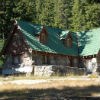
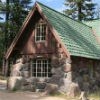
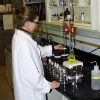
Wet Laboratory
A modern water laboratory is available for a variety of chemical analyses
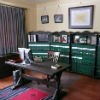
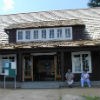
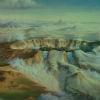
Museums and Archives
The Crater Lake National Park museum collection provides locally accessible documentation and information on park resources. It is available to park staff, outside researchers, and interested community members. The museum collection also provides continued storage and protection for these cultural and natural park-associated collections.
Logistical Support

Research Vessels
The Park operates two research vessels on Crater Lake during the summer season. The RV Neuston and the RV Ouzel provide access to Crater Lake environments including Wizard Island and provide stable platforms for aquatic sampling. Park staff provide visiting investigators support on the lake for approved research.
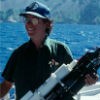
Sampling and Analytical Equipment
Through our own ongoing research, the park has available a wide variety of specialized sampling equipment. In addition the Science and Learning Center is building an equipment cache of commonly used equipment (e.g. GPS units, microscopes) that can be loaned to visiting scientists and students.
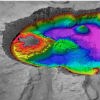
Geographic Information System (GIS)
The park maintains a full service Geographic Information System (GIS) and global positioning network has been established to assist with remote sensing and other spatial data needs. Spatial data sets in the park atlas are available to support independent research.
Last updated: May 18, 2016
